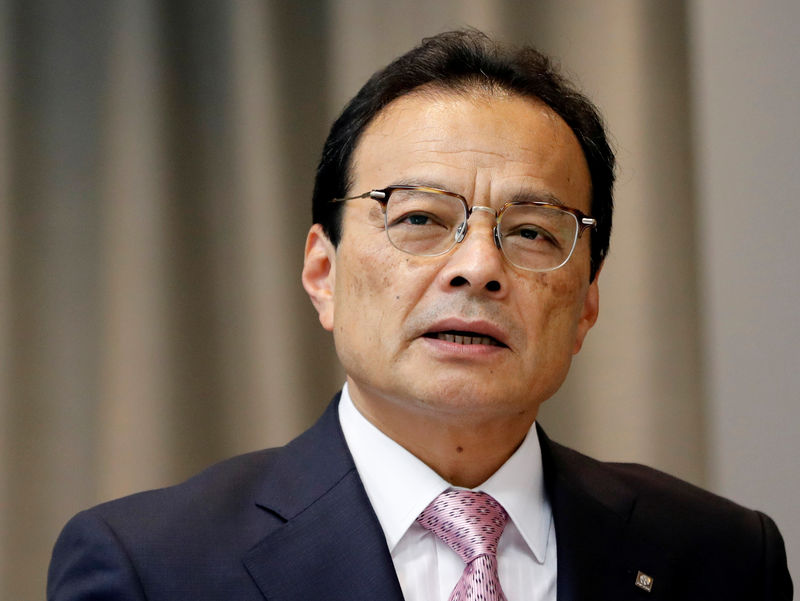By Junko Fujita
TOKYO (Reuters) - Tokio Marine Holdings Inc (T:8766) will buy insurer Pure Group for about $3.1 billion, it said on Thursday, marking its fourth sizable acquisition in the United States in a little over a decade.
Japanese financial firms have been forced to look abroad for growth amid an ageing, shrinking population at home. Tokio Marine, the world's fourth-largest property-and-casualty insurer by revenue, has pushed into both emerging markets and the United States.
"The U.S. market is huge and it is expected to grow steadily," Tokio Marine Chief Executive Satoru Komiya told a news conference. "Also, the market is transparent."
But he acknowledged that the $3.1 billion price, at 33-times Pure Group's forecast profit for 2020, was "not cheap".
"We are paying for Pure's big potential growth," he said.
The deal, to be financed through cash on hand and external funding, is expected to close during the first quarter of 2020 and Tokio Marine will keep Pure Group's current management in place, Tokio Marine said in a statement.
Pure Group provides property-and-casualty insurance to high net-worth individuals across the United States and has become one of the top three players in that market since its founding in 2006, Tokio Marine said.
REVENUE AND RISK
Overseas acquisitions allow insurers to diversify their revenue and risk, so that a natural disaster hitting one region could be offset by profits from elsewhere.
Tokio Marine bought U.S. speciality insurer HCC Insurance Holdings for $7.5 billion in 2015. It paid $2.7 billion in 2011 for Delphi Financial and bought Philadelphia Consolidated for $4.7 billion in 2008.
The high net-worth insurance market is one of the few insurance businesses seeing strong growth in the United States, Tokio Marine said, as growth in the number of wealthy individuals outpaces that of the overall population.
Pure has achieved a compound annual growth rate of around 30% in the last five years and reached around $1 billion in managed premiums in 2018.
Tokio Marine is valued at $38 billion and brings in $45 billion a year in revenue, according to Refinitiv data.

Shares of the insurer ended 1.8% lower after the Nikkei newspaper earlier reported the news.